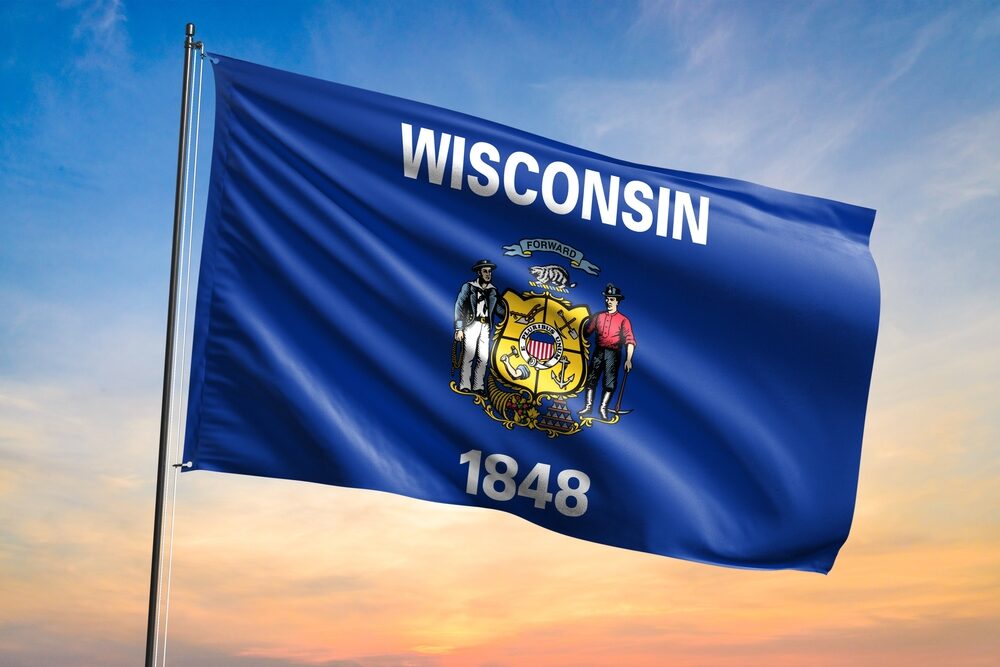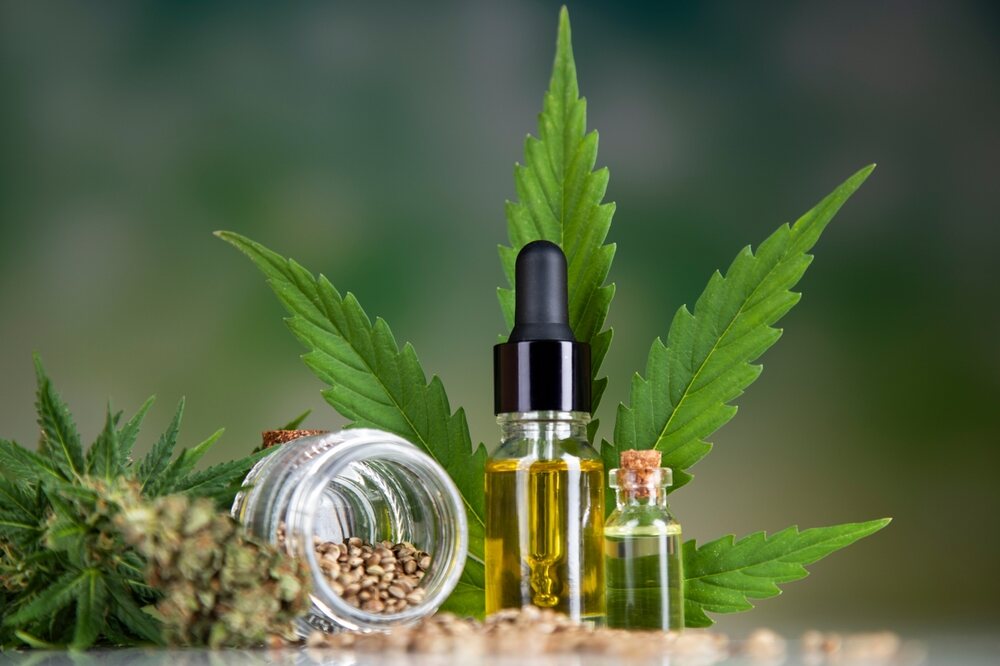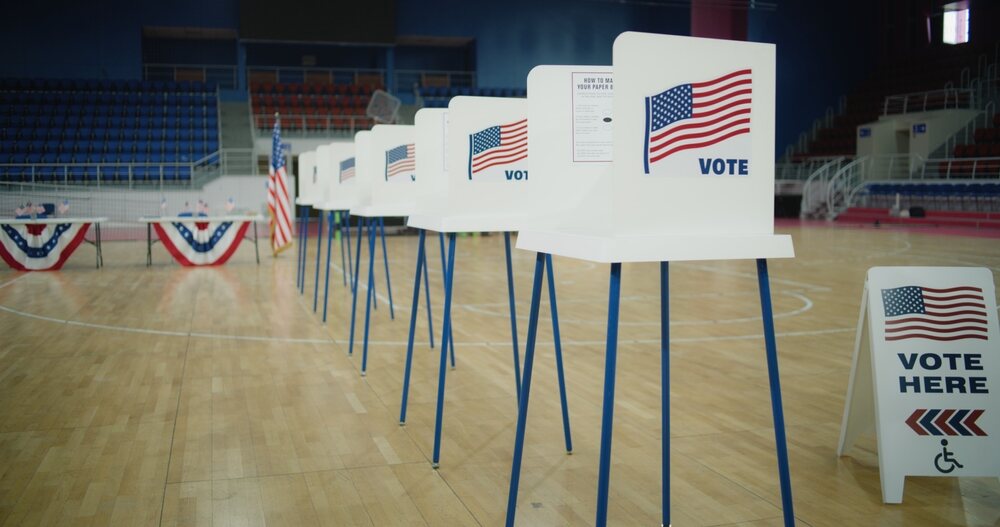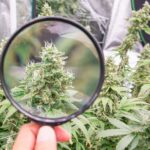The Best Fluffy Pancakes recipe you will fall in love with. Full of tips and tricks to help you make the best pancakes.

Is Medical Weed Legal in Wisconsin?
If you’re living in Wisconsin and wondering whether medical weed is legal yet, you’re not alone. As someone who’s been breeding and growing cannabis for over a decade, I get asked this question a lot—especially from folks who’ve seen legalization sweep across other states and are hoping for the same progress here. But Wisconsin? Let’s just say the laws are sticky—and not in the good resin-packed trichome way. This article breaks down exactly where things stand in 2025, what you can and can’t legally do, and why the Badger State is still playing catch-up. Whether you’re a patient looking for relief, a grower wondering about the legal lines, or just cannabis-curious, I’ve got you covered.
Current Legal Status of Medical Cannabis in Wisconsin
As of 2025, medical cannabis is not fully legal in Wisconsin. You cannot legally buy, grow, or possess high-THC cannabis for medical use under a state-run program. The only exception is for cannabidiol (CBD) with extremely low levels of THC.
Definition and limits of “medical weed” under Wisconsin law
Medical weed in most U.S. states refers to cannabis products—flowers, edibles, tinctures, concentrates—with moderate to high THC content used for treating qualifying health conditions. But in Wisconsin, lawmakers have kept that door firmly shut. The state does not operate a medical marijuana program like Illinois or Minnesota. Instead, Wisconsin law only recognizes CBD oil with less than 0.3% THC for specific medical use. This isn’t full-spectrum medical cannabis. It’s basically hemp extract that lacks the psychoactive kick THC provides.
So if you’re asking, “Can I get medical weed with real THC content in Wisconsin?” the answer is no—not legally, not yet.
Overview of CBD-only legality versus full medical marijuana bans
CBD is legal in Wisconsin under state law—but with strings attached. Originally, it was allowed only for seizure disorders, but that changed slightly in 2017. Now, CBD can be used for any medical condition, so long as a physician certifies its use. However:
- THC content must remain under 0.3%, per federal and state hemp laws
- Patients must obtain a physician’s recommendation—not a prescription, since it’s not FDA approved
- Dispensaries aren’t available; you’ll have to source it online or from out-of-state retailers
This setup makes it legal in theory but hard to access in practice. Full medical marijuana access—with THC-rich buds, vape carts, or high-potency edibles—remains completely banned.

Historical Legal Developments and CBD Program
Wisconsin’s slow crawl toward reform began with CBD, but it’s been more baby steps than bold leaps.
2014 “Lydia’s Law” and the epilepsy-only CBD allowance
The state took its first swing at medical cannabis with Lydia’s Law (2014). This law technically legalized CBD oil, but it was so restrictive that it was nearly useless. It limited use to seizure disorders like epilepsy and required a physician’s prescription—something that wasn’t even possible due to federal restrictions on cannabis-based medicine. It was symbolic, but not practical.
2017 expansion to any physician-certified condition
In 2017, the law was amended to remove the epilepsy-only condition. Now, any medical condition can qualify if a licensed Wisconsin physician signs off on it. But again, this only applies to non-intoxicating CBD oil. That expansion helped patients a little but didn’t touch the issue of THC, smokable products, or in-state dispensaries.
How federal hemp law (0.3% THC limit) affects state-level CBD access
Since the 2018 Farm Bill, hemp-derived CBD with less than 0.3% THC is federally legal. This also opened the door for Wisconsin residents to buy CBD from shops or online stores—even without a doctor’s note. But here’s the catch: any product that crosses the 0.3% threshold is considered marijuana, and possession becomes a criminal offense in Wisconsin. That includes many full-spectrum oils and THC edibles you might see in neighboring states.

Penalties for Marijuana Possession and Enforcement Landscape
If you’re caught with THC weed in Wisconsin—medical or not—you’re looking at serious consequences. The state still treats cannabis like a criminal matter, and the penalties reflect that.
Criminal consequences under state law for THC cannabis—misdemeanor to felony escalation
Possession of any amount of THC-rich cannabis in Wisconsin is a misdemeanor, punishable by:
- Up to 6 months in jail
- A fine of up to $1,000
- A criminal record
If you’re caught a second time, it’s a felony. That ramps up the penalty to:
- Up to 3.5 years in prison
- Fines up to $10,000
No distinction is made between personal use, medical use, or recreational intent. Whether you’ve got an eighth in your pocket or an edible in your bag, if it contains THC, it’s illegal.
Local decriminalization trends and how enforcement varies by municipality
That said, enforcement varies depending on where you live. Some cities and counties in Wisconsin have decriminalized possession of small amounts, meaning they issue citations instead of criminal charges. For example:
- Madison allows adults 18+ to possess up to 1 ounce of cannabis on private property and some public spaces
- Milwaukee reduced first-time possession fines to just $1
These municipal policies don’t override state law, though. Cops can still enforce state-level penalties if they choose. This makes cannabis law in Wisconsin a patchwork, where your ZIP code could determine whether you’re fined $1 or arrested.
Legislative Proposals and Political Landscape
If you’ve been hoping that lawmakers will finally bring medical weed to Wisconsin, you’re not alone. The effort’s been ongoing—but the fight is far from over.
Republican proposals—state-run dispensaries, restricted patient eligibility, no smokable forms
In 2023 and 2024, Wisconsin Republicans introduced a narrow medical marijuana proposal. Their version would:
- Set up state-run dispensaries only
- Limit access to a small list of qualifying conditions
- Ban smokable flower and edibles, offering only capsules, tinctures, or oils
- Require products to be non-combustible
From a grower’s point of view, it’s a frustratingly half-baked setup. No smokables? That’s like selling beer without carbonation. It also creates a government monopoly, with limited access and minimal patient freedom.
Governor Evers’ budget inclusions and broader calls for legalization
Governor Tony Evers, a Democrat, has pushed for full medical marijuana legalization (and even recreational legalization) multiple times through his state budget proposals. He’s called cannabis reform a “common-sense issue”, backed by a majority of residents.
But Wisconsin’s legislature has a Republican majority, and they’ve repeatedly stripped these provisions out of the final budget. So despite the governor’s support, progress has stalled.
Recent bipartisan efforts and 2025 legislative outlook
In 2025, a few bipartisan efforts have started to gain traction—but nothing concrete has passed. Both parties acknowledge growing public support, especially for medical use. Still, the two sides remain far apart on how the program should look. As of this year, no medical marijuana bill has been signed into law.
That said, pressure is building. Expect to see more proposed legislation in the upcoming sessions. Whether they get enough support to pass is another story.
Public Opinion, Neighboring States, and the Case for Reform
If you’re frustrated, you’re not alone. Wisconsin residents have watched every surrounding state move forward while their own lawmakers dig in their heels.
Polling data showing strong public support for medical marijuana in Wisconsin
Recent polling shows that over 80% of Wisconsin voters support legalizing medical cannabis. That includes voters across the political spectrum—from conservative rural counties to progressive cities.
This public support has only grown in the last five years. Many Wisconsinites know someone who could benefit from medical marijuana, whether it’s for chronic pain, PTSD, cancer, or epilepsy. The lack of access is increasingly viewed as outdated and unjust.

Legal access in neighboring states (e.g., Illinois, Michigan, Minnesota) and cross-border implications
Here’s the kicker: Every state surrounding Wisconsin now has either medical or recreational marijuana programs. Just across the border:
- Illinois has both medical and recreational dispensaries
- Michigan offers a robust adult-use and medical market
- Minnesota legalized recreational use in 2023 and already had a medical program
That’s led many Wisconsinites to travel out-of-state to get what they need—though bringing it back across state lines is still a federal offense. These cross-border dynamics only highlight how behind Wisconsin really is.
Economic, health, and social equity arguments driving legalization momentum
Reforming Wisconsin’s cannabis laws isn’t just about compassion—it’s also about economics and equity.
- Medical marijuana can help patients reduce opioid use and improve quality of life
- Legalization could bring millions in tax revenue and create hundreds of new jobs
- Criminal penalties disproportionately affect Black and Brown communities, even though usage rates are equal across races
Legalizing medical cannabis would start to address all of that while also catching Wisconsin up with national trends.
Conclusion
So, is medical weed legal in Wisconsin? As of 2025, the honest answer is not yet—at least not in the form that includes THC-rich flower, dabs, or edibles. You can legally use CBD if it’s under 0.3% THC, but anything stronger is still banned. While there’s growing support from the public and slow movement from some lawmakers, the road to full medical marijuana access in Wisconsin is still under construction. If you’re waiting for the day you can legally spark up to manage pain or grow your own medicine at home, stay tuned. The laws are changing—but in Wisconsin, change comes slower than a late-finishing sativa in a cold grow room.




